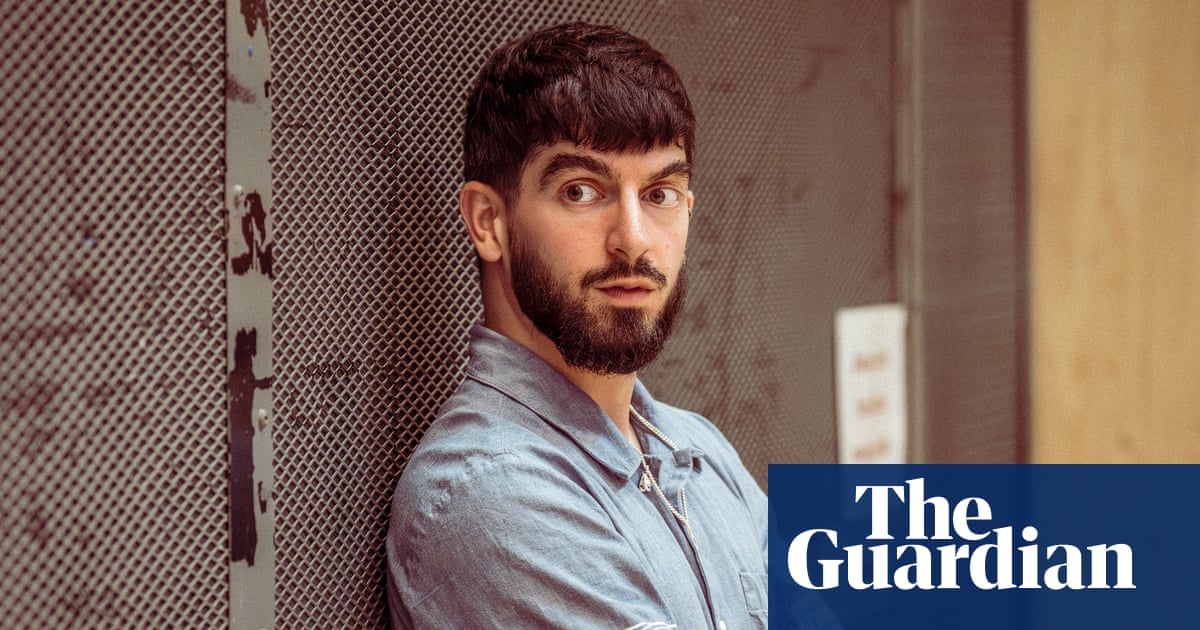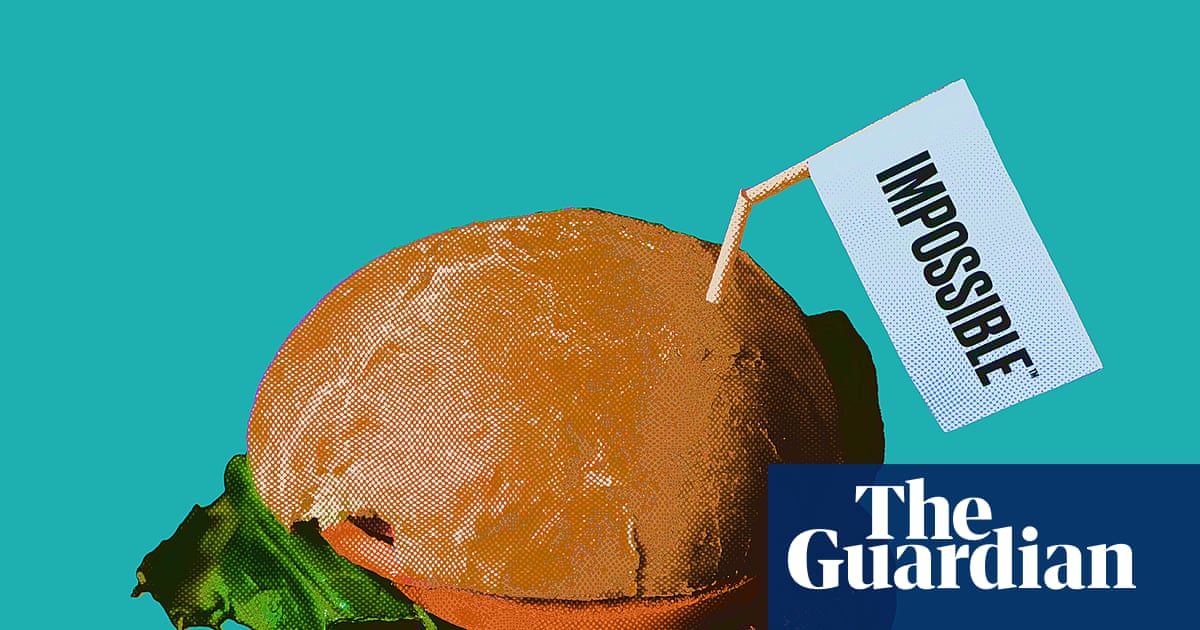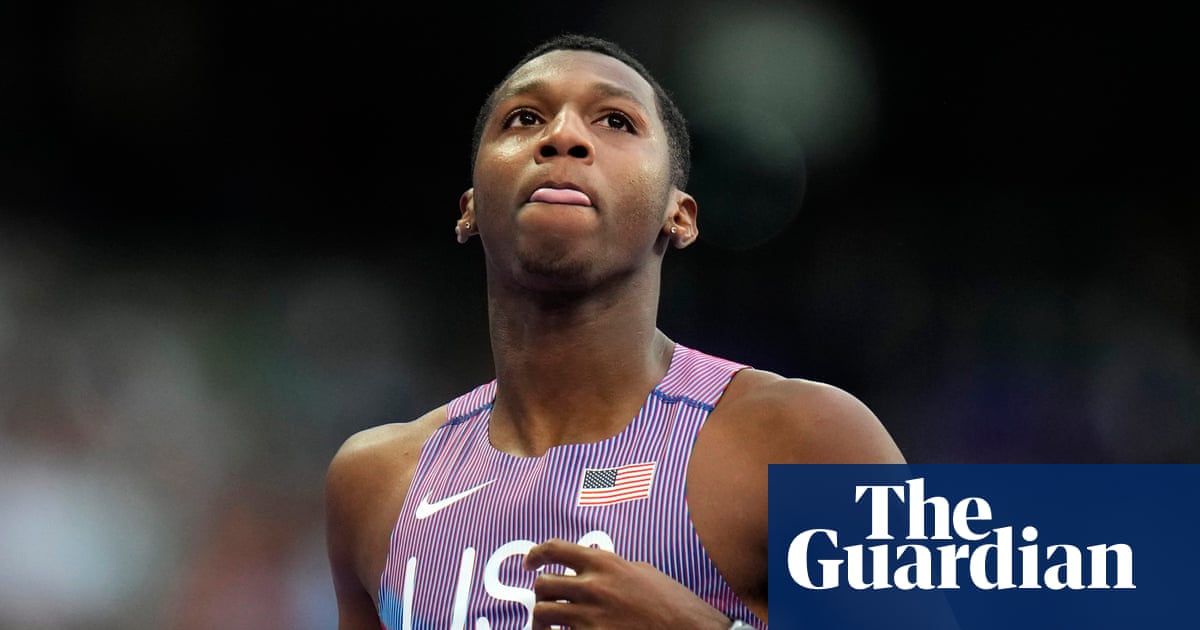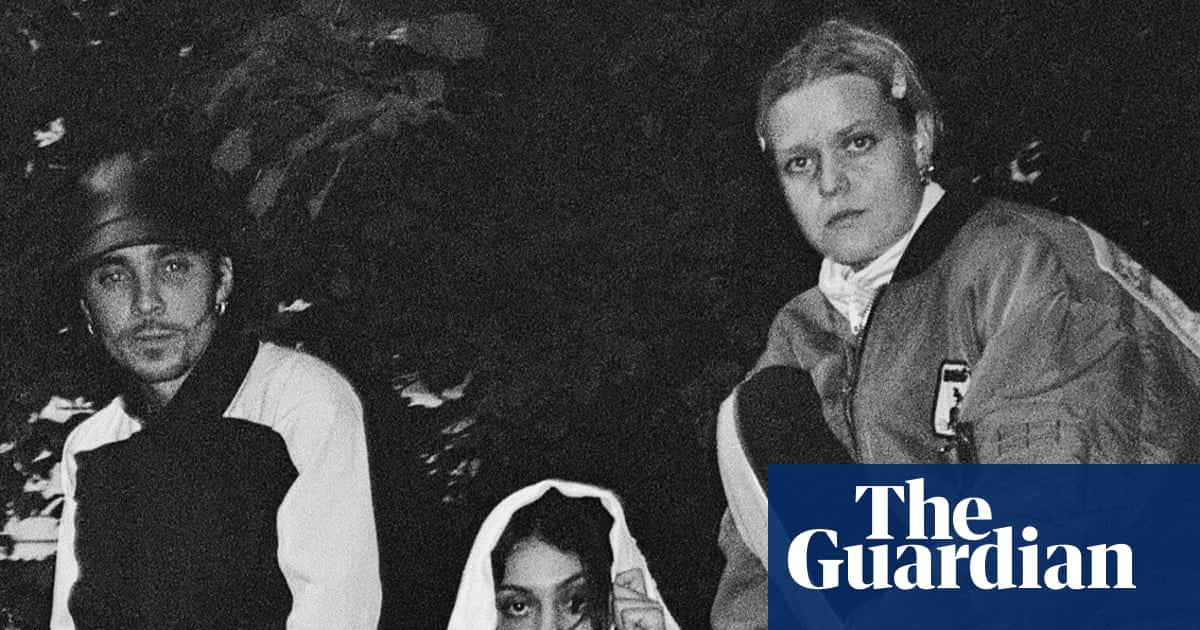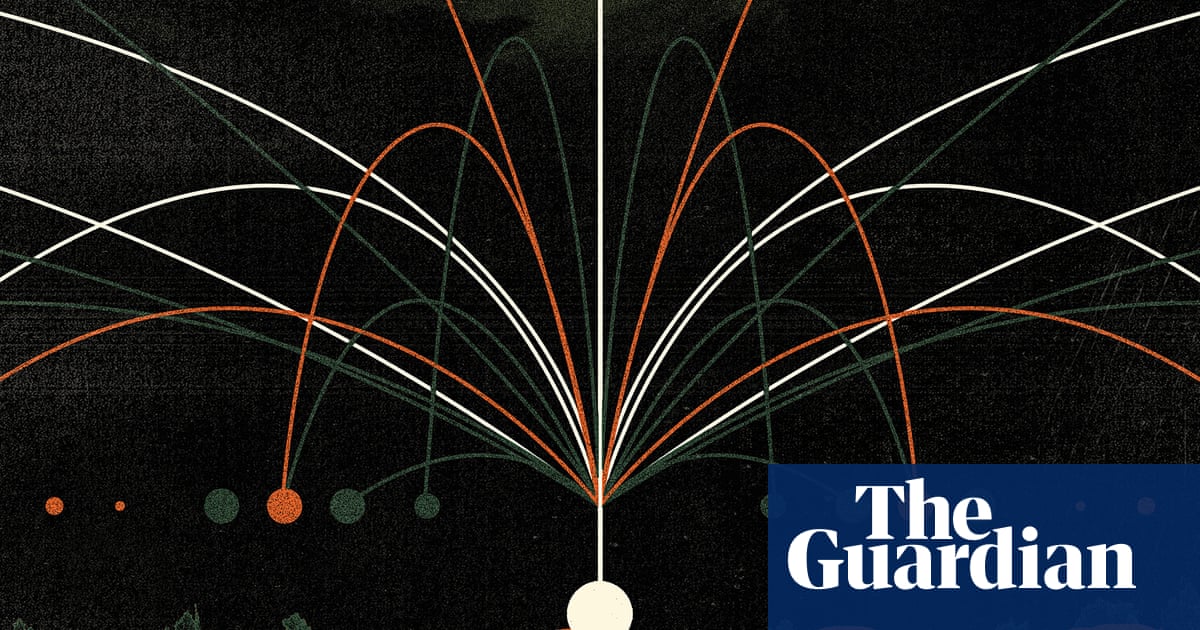A new book about sibling relationships, The Family Dynamic by Susan Dominus, examines how things like birth order and the specific achievements of your siblings affect a person’s life trajectory. As such, some of my favourite research is back in the public eye: the studies that suggest that I, as the eldest of three children, am the cleverest.
I’m kidding. I don’t actually think this is true in my own sibling group, but sure, I’ll take it, and say so in the national press: I’m smarter than you guys, science confirms. I am very interested in siblings and their influences, though. So much so that I wrote my first novel about a brother-sister relationship. Siblings shape you in ways that are less deliberate than parents, which means their influence is less discussed, though just as important. That said, birth order has remained a public fascination, with parents agonising over whether a middle child is overlooked or eldest is overburdened.
I definitely have classic “eldest daughter syndrome”: the tendency for the oldest girl in a family to take on roles of responsibility. Planning of family matters has generally fallen to me in the past, and I remain a planner. I like control to the freakish degree that I eat the same breakfast and lunch every single weekday and run my to-do list with the iron fist of a navy Seal commander.
Still, I have often thought that some of the well-worn sibling birth order archetypes – the type-A eldest daughter, the laid-back middle sibling, the rebellious youngest child – must be too simple. They sat in my mind alongside things like star signs: fun but ultimately baseless ways to parse the eternal puzzle of why people are the way that they are.
But it seems, as Dominus found, that the studies do bear this stuff out. Eldest children apparently outstrip their younger counterparts in cognitive tests by as early as their first birthday, probably due to the increased parental attention they receive during the however-brief period they are an only child. And sibling influence can be incredibly powerful. Dominus interviews families in which each child went on to achieve success in very different fields, and were spurred to do so specifically by what their siblings were doing.
My brother was a quiet little boy, either naturally or because I did all his talking for him. We were very close as children – I would get my hair cut short like his, and enjoyed it if people mistook us for twins. But we grew into quite different people, and that is probably no accident. For instance, he went on to pursue Stem subjects, and I pursued the humanities: the boy whose sister spoke for him went for numbers and concepts, and I went for words.
Age gaps between siblings can also complicate the effect of birth order. My sister is nearly 10 years younger than me, whereas my brother is only 18 months my junior. She told me: “I feel like being the youngest, with two siblings quite a bit older than me, meant that I sculpted my perception of what is ‘cool’ on a pretty much even mix of your respective interests.” She’s very into music (my brother) and also video games (me). I think she’s also more emotionally robust than I am. We both wonder whether this is partly the result of getting a front-row seat to all of mine and our brother’s chaotic decisions and teenage crises, and being able to take notes.
By now, my siblings and I are, roughly, who we’re going to be. We’re all adults. Perhaps it is less that we are now honing ourselves consciously or subconsciously to resemble or differ from one another, but that we act as vivid mirrors for each other to really see ourselves in.
Sometimes, in the company of my brother and sister, I have an ambient sense of something similar to not liking myself very much. Partly, it’s that near-universal experience of regression in the family home: we start to occupy childish roles to befit the dynamics first built in childhood. But it’s also that these are people who have seen every side of me. And they have not been afraid to challenge my less lovable attributes. That feeling of not liking myself is maybe more accurately a feeling of being truly, wholly known for my best and worst traits. My irritability, my belief that I know better than others, my melodrama.
I see their flaws too, and they know that I see them. Not unexpectedly, some of these flaws are shared. I asked my brother about this, and he said: “Seeing characteristics of yourself in people you love is quite helpful. Like, oh maybe I’m not that bad: I don’t hate them for the way they are, but the opposite.” And for all that we bicker, it’s a beautiful thing to be loved by people who, unlike your parents, are not hard-wired to love you unconditionally, but who know you just as well as your parents do, and for almost as long.
-
Imogen West-Knights is a writer and journalist

 3 months ago
56
3 months ago
56


